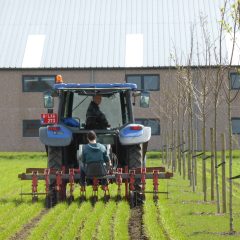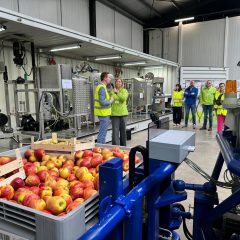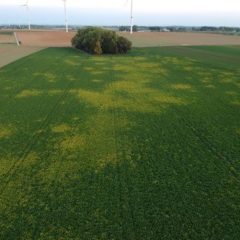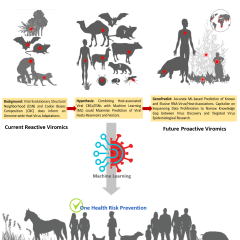Research project Organisation of a practical phytosanitary survey for Vaccinium berries.
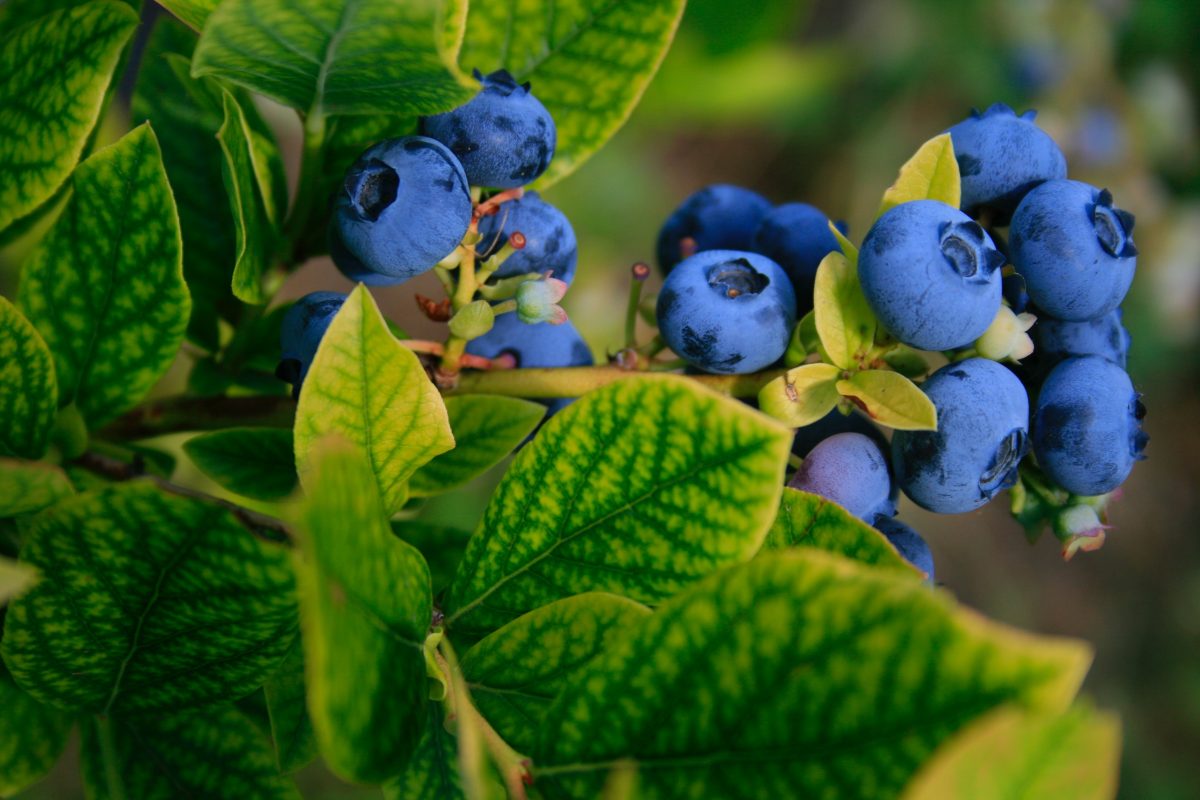
General introduction
The BERRYPEST project examined the spectrum of pests and diseases that are currently found in Vaccinium berry cultivation in Belgium. The research questions were'Which pest and pathogen organisms can be identified in Vaccinium that have been or can be imported via the international trade of plant material and fruits? and 'Which preventive measures and control strategies can be proposed based on the EPPO-DROPSA recommendations and the results of this project?'
Research approach
The project has now been successfully implemented. Through a sophisticated sampling and an efficient detection and identification phase, the total spectrum of diseases and pests in both Vaccinium berry cultivation in Belgium and on imported Vaccinium planting material and fruits has been inventoried. In a second phase, the research results were checked against the findings of the EPPO-DROPSA study. Specific attention was paid to the situation of recent EU introductions (Thekopsora minima, blueberry scorch virus, etc.) and their risk in Belgium. But the other organisms included in the proposed Alert List were also analyzed. Preventive measures and a control strategy were then developed, based on the results of this project, and checked against the EPPO-DROPSA recommendations.
Relevance/Valorization
The research findings were immediately valorized in three areas:
1. There is now a status determination of the insects, mites, fungi and viruses listed in the DROPSA alert list in Belgium.
2. The acquired insights have been converted into recommendations for the legislative and controlling authorities with competence in the phytosanitary domain in order to support the phytosanitary policy on the import of plant material/fruits. This was done by checking the results against the applicable legislation and procedures.
3. For fruit cultivation (including Vaccinium berry growers as well as the entire fruit industry), the new procedures and measures for detection and prevention will prevent the introduction of diseases and pests. These diseases and pests would have a significant impact on cultivation in the event of an outbreak, thus on the profitability of berry growers and on the export possibilities of Belgian fruit.


